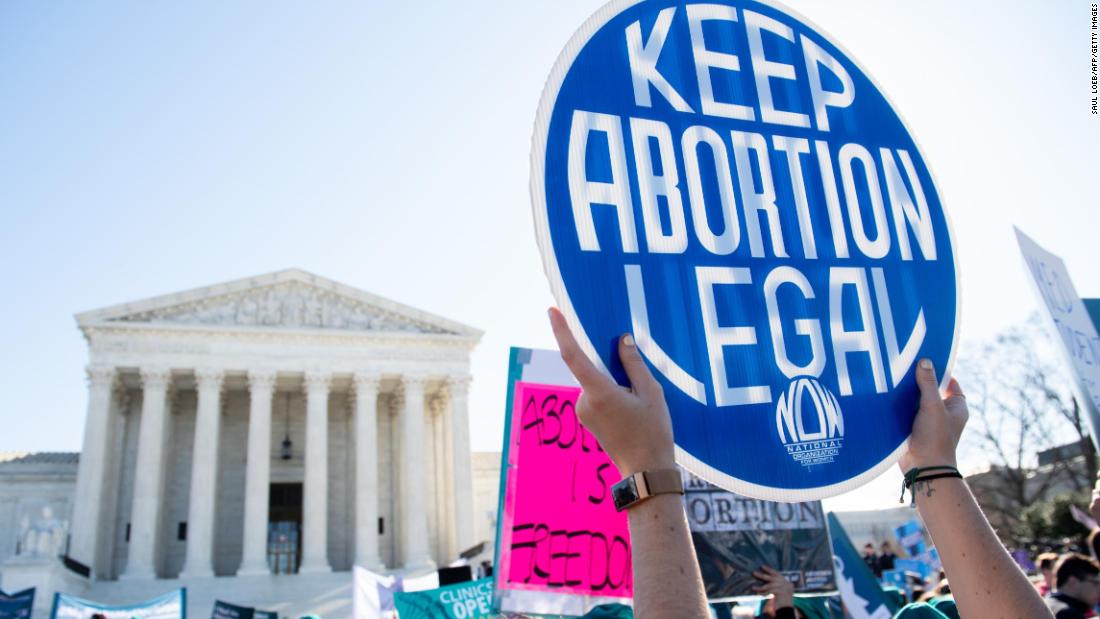The Texas law taking effect Wednesday prohibits virtually all abortions in the state.

www.cbsnews.com
Texas' 6-week abortion ban goes into effect after Supreme Court stays silent
In addition to outlawing abortion as early as six weeks into a pregnancy — before most women know they're pregnant — the measure allows private citizens to bring civil lawsuits against anyone who provides an abortion after six weeks or helps a woman access the procedure, such as a friend who drives a woman to obtain an abortion, or clinic staff. Those found in violation of the law are required to pay at least $10,000 to the person who successfully brought the suit.
Miller said the law creates a "bounty system," under which anyone in Texas can "call into question anyone who supports access to abortion."
The person suing only need prove the person got an abortion after the 6 week limit, and how someone aided or abetted the abortion.
And Ka-ching… $10,000. And if they lose they pay nothing.




